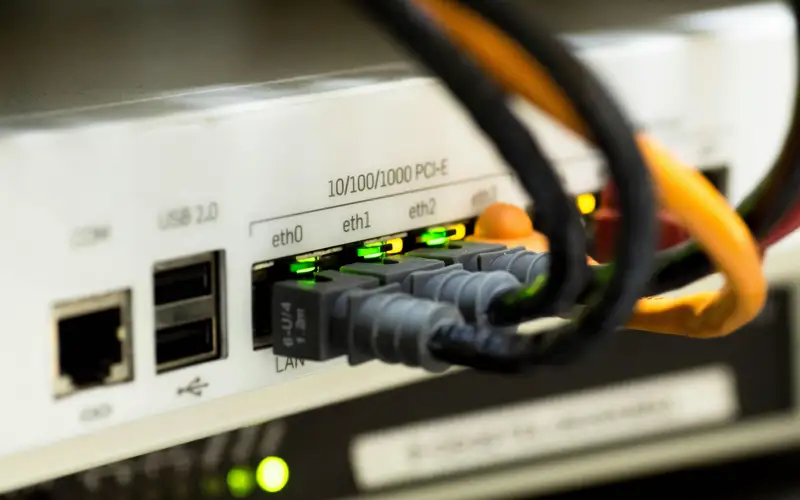Current state of Internet in Kazakhstan and introduction of 5G mobile communications
Minister of Digital Development, Innovation and Aerospace Industry Zhaslan Madiev at a government meeting, spoke about the current situation of the Internet in villages, schools, and the introduction of 5G mobile communications, Kazinform News Agency correspondent reports, citing press center of the Prime Minister of Kazakhstan.

Current state of the Internet in Kazakhstan
Madiev said that, according to international data, the share of the population of Kazakhstan using the Internet is at the level of developed countries. Traffic growth in the republic increased by 61.5% compared to 2020, and the number of subscribers increased by 12.9%.
At the same time, according to Speedtest Ookla for April 2024, Kazakhstan ranks 66th with an average speed of 43.6 Mbit/s. This is higher than Russia, Kyrgyzstan and Uzbekistan.
Internet in the villages of Kazakhstan
Today there are 6,290 villages in the country, of which wired Internet has reached 2,606 villages. The National Project provides for the connection of optical communication lines through the Public-Private Partnership (PPP) mechanism to 3,010 villages. Where there is no “last mile”, a mechanism will be used to subsidize 50% of the capital costs of small and medium-sized telecom operators.
Mobile Internet is now available in 4,866 villages. As part of tax incentives in 2023, 1,161 villages were connected to 4G technology. Work on the remaining 1,424 villages continues. To stimulate cellular operators, the ministry proposed to include in the new Tax Code an extension of tax benefits for the radio frequency spectrum and a change in the fee rate.
As a result, it is expected that 2.4 million people will have access to the Internet. It is planned to attract private investment from telecom operators in the amount of more than 340 billion tenge.
Development of 5G Internet in Kazakhstan
Regarding the further development of 5G technology, operators Kcell and Tele2 continue to work to expand 5G coverage in the cities of Astana, Almaty, Shymkent and regional centers. To date, 1,144 base stations have been installed in 20 cities.
According to the minister, the introduction of 5G mobile communications should be completed by the end of 2025. By the end of 2027, cellular operators will invest more than 450 billion tenge in the telecommunications industry.
Planned works to improve communication
To improve the quality of communications, the ministry proposes the following specific measures:
– general plans and detailed planning projects for settlements will provide for the infrastructure of communication networks;
– it is proposed to revise the standards for the maximum permissible level of radio signals from base stations. In the Republic of Kazakhstan the standards are 10-20 times more stringent than in developed countries and even neighboring countries;
– The ministry, together with akimats and operators, will continue to eliminate “blind spots” with poor communications in cities;
– changes are being made to allow the installation of base stations at government institutions (where there is no room for the protection of state secrets);
– the issue of launching Voice over Wi-Fi (VoWiFi) technology is being considered, that is, voice calls over Wi-Fi networks instead of traditional cellular networks. This will provide better communication quality in places with poor cellular coverage (parking lots);
– to monitor work to improve the quality of communications across the country, a “Digital Telecommunications Map” is being launched. Everyone will be able to see problems with the quality of communication in populated areas and plans to eliminate them, as well as give their own assessment of any location. The link is posted on the ministry's website.
Technologies from SpaceX in Kazakhstan
The ministry, as part of a pilot project to use non-GSO technologies from SpaceX, connected 1,485 out of 1,883 schools.
In addition, as part of the discussion and agreement with the National Security Committee, it is planned to expand the pilot project to cover the needs of the Ministry of Emergency Situations for access to the Internet during emergency response.
